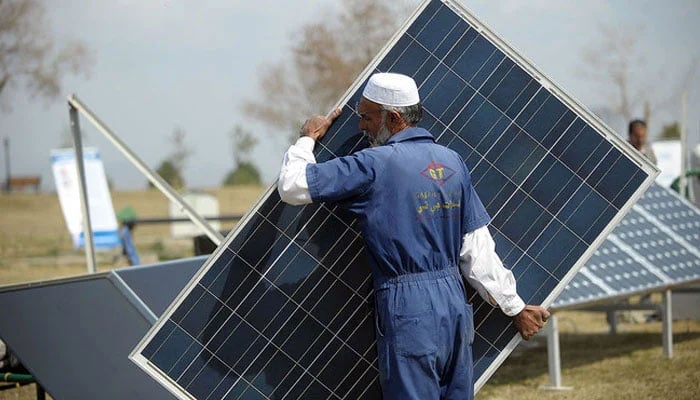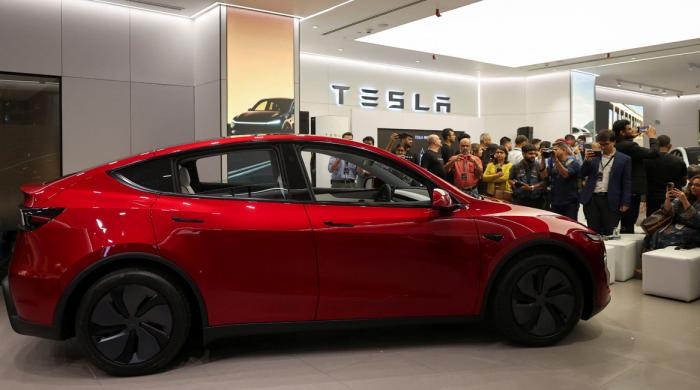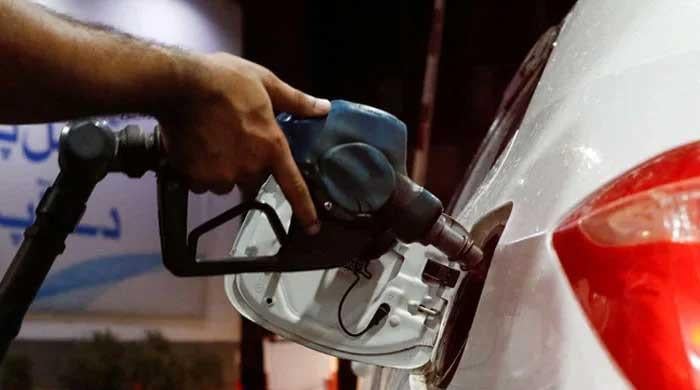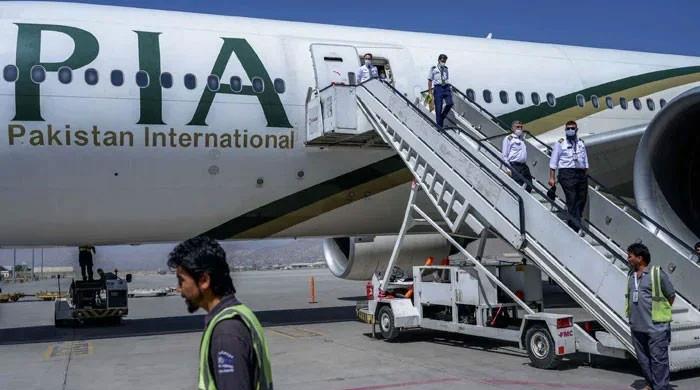Budget FY26: Govt agrees to bring down tax on solar panels to 10%
Govt expects solar imports to cross Rs110bn next fiscal year
June 18, 2025

- Govt expects solar imports to cross Rs110bn in FY26.
- FBR chief cites solar imports of 32,000 MW over past five years.
- Defends tax for achieving level-playing field for domestic industry.
Deputy Prime Minister Ishaq Dar on Wednesday revealed that the government has agreed on a 10% tax on solar panels instead of the initially proposed 18% General Sales Tax (GST).
"We have agreed on 10% tax on solar this year instead of 18%," Dar said while speaking during a National Assembly session, adding that the issue has been subjected to mutual consultations.
The figure revealed by the deputy PM is 8% lower than the one proposed by the government in its budget for the Fiscal Year 2025-26 where an 18% GST was suggested on imported solar panels in a bid to support local manufacturers and fix imbalances in the market.
However, the reduction in the percentage comes a day after the National Assembly finance committee unanimously turned down the 18% GST proposal — a move aimed at meeting fiscal targets backed by the International Monetary Fund (IMF).
The projected tax take implies the government expects solar imports to cross over Rs110 billion next fiscal year — despite industry concerns that the new levy may slow momentum in the country’s solar adoption drive — and eyes Rs20 billion ($71 million) in additional tax revenue.
The government's proposed tax is to be taken against the backdrop of the fact that under the International Monetary Fund (IMF) loan deal, Pakistan sharply raised power and gas tariffs to support struggling suppliers in the heavily indebted sector last year.
Pakistanis now pay more than a quarter more on average for electricity, setting off a scramble to install solar modules.
Solar made up over 14% of Pakistan's power supply last year, up from 4% in 2021 and displacing coal as the third-largest energy source, according to UK energy think-tank Ember.
The country's net-metered solar capacity has more than tripled in less than two years, rising from 1.3 gigawatts in FY2023 to 4.9GW by March 2025, according to Islamabad-based energy think tank Renewables First.
This explosive growth has been largely fuelled by households and businesses seeking relief from chronic power outages and soaring grid electricity tariffs.
Federal Board of Revenue (FBR) Chairman Rashid Langrial, while speaking during a session of the National Assembly finance on Tuesday, cited massive solar imports of 32,000 MW over the past five years — of which 13,000 MW remain unutilised — and instances of over-invoicing.
Before that he had informed the panel that locally assembled solar panels were already subject to the same tax, while imported panels had been tax-free, creating a disadvantage for local manufacturers.
He said the new tax on imports would help create a level-playing field for the domestic industry.











